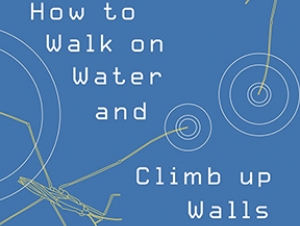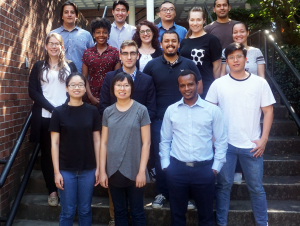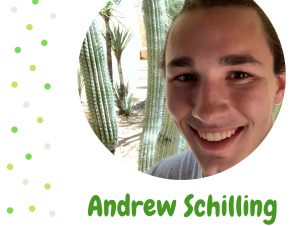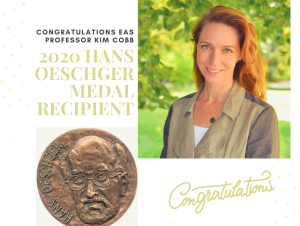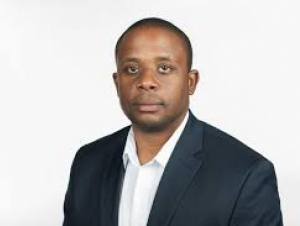To request a media interview, please reach out to experts using the faculty directories for each of our six schools, or contact Jess Hunt-Ralston, College of Sciences communications director. A list of faculty experts is also available to journalists upon request.
Latest News
Meltwater ponds riddle a kilometer-thick, 10,000-year-old Antarctic ice shelf, which shatters just weeks later. The collapse shocks scientists and unleashes the glacier behind the ice shelf, driving up sea level. A new study puts damage by meltwater ponds to ice shelves and the ensuing threat to sea level into cool, mathematical perspective.
On the heels of the 2019 Ig Nobel Prize in Physics, two more awards have been bestowed on David Hu. The American Institute of Physics (AIP) selected Hu as co-winner of the book award for its 2019 Science Communication Awards. Organizers of China’s Pineapple Science Prizes have named Hu this year’s winner of the physics prize.
First-year biochemistry major Andrew Schilling wins quiz 5 of ScienceMatters Season 3.
Kim Cobb is one of 49 recipients of the 2020 awards and medals of the European Geoscience Union (EGU). A professor in the Georgia Tech School of Earth and Atmospheric Sciences (EAS), Cobb will receive the 2020 Hans Oeschger Medal. The medal recognizes scientists “for their outstanding achievements in ice research and/or short-term climatic changes (past, present, future).”
School of Biological Sciences Associate Professor Lewis Wheaton uses his Cognitive Motor Control Lab to research the neurological processes involved when people cope with the loss of a limb, a stroke, or a traumatic brain injury that can impact motor skills.


